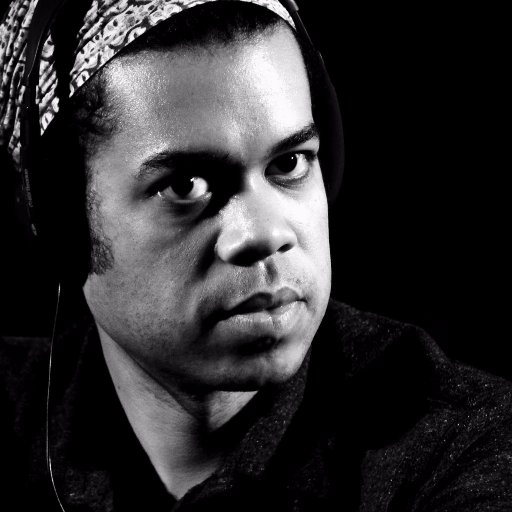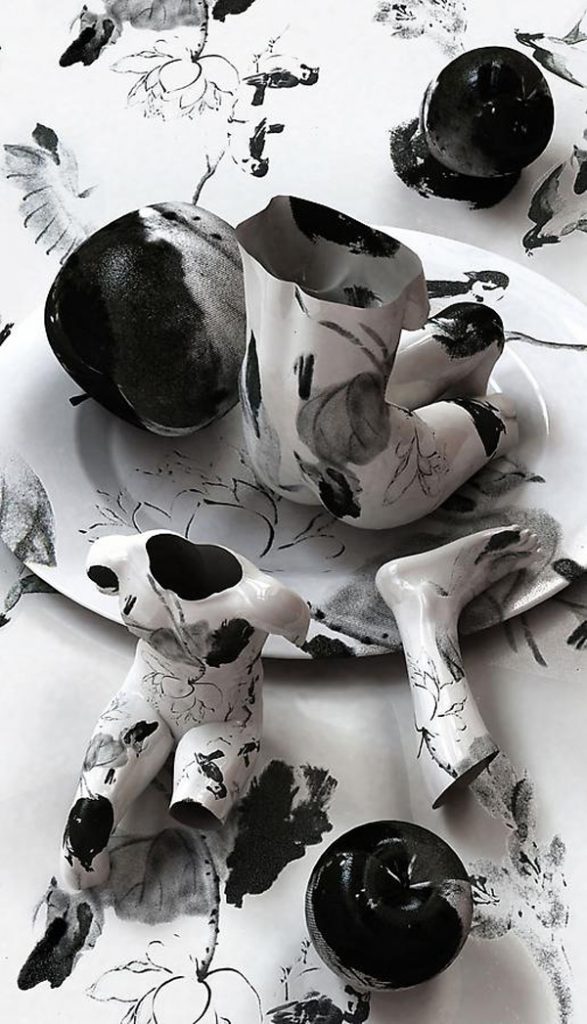A tribute to family, and a celebration of how intimate connections affect us and the ensuing generations to come…

by: Dinamarie Isola
Trento, Italy — November 1, 2023
They come in droves on foot, carrying bouquets of fall flowers and candles. Everyone walks the streets and no matter what direction they come from, they all merge at the cemetery gates. They greet one another the way people do when they gather before church, unified by a shared purpose. Their names, their grief, their losses are different, and yet moving in tandem seems to empower them — death does not get the final word.
Halloween, just the day before, isn’t celebrated here the way it is in the United States. It is the days after — All Saints’ Day and All Souls’ Day — that is a national holiday in Italy. And it isn’t a lip-service, simple day-off-from-work kind of holiday. There is a reverence that I’m fortunate to witness with my sister and brother. Our cousins are our tour guides to the beauty surrounding this holiday that doesn’t feel morbid at all.
It begins in the cemetery, which is more like a beautiful park with flower beds and foliage. It is a peaceful place to walk among the dead, whose faces are captured in pictures affixed to the headstones. I find myself looking at the photos of people who bear no relation to me, making a mental note of how long or short their lives were. Gazing at the pictures makes the experience a personal one, a reminder of vibrant lives that once were.
When we arrive at the graves of our family members, some of whom I’ve met and others whom I have not, my gratitude for their existence fills me with the realization that there is an unbreakable thread that connects us all. Buried here is my father’s Uncle Giuseppe (simply known as Zio). Of my grandmother’s siblings, he is the only one who remained in Italy after seeing for himself that America’s streets were not paved with gold. He broke from family — no small matter in Italian culture, where family is the center of life, like the piazza is the heart of a town. It is likely that his choice to return home kept him estranged from my grandmother. And despite that division, here we are, more than one hundred years since his fateful decision, joined with his grandchildren, honoring our connection. A connection that might not have ever been, had my mother not written a letter.
The letter, she once explained, was a desperate attempt to have contact with family, since it would be years before my parents returned to the States. Stationed in war-ravaged Germany just after World War II, my parents were without family when my brother, their fourth child, arrived. When she wrote to Zio, it was an arrow shot into the dark, not knowing if the target was in sight. And yet Zio’s own thirst for connection matched my mother’s. How else can one explain him setting out with his wife and a priest to travel across bombed-out roads to reach Germany? In that act a union was formed — Zio and his wife became godparents to my brother. Today the bond runs three generations deep.
And I’m the one who almost blew it.
During my first trip to Rome in 1989, when I was twenty-three, I failed to understand how differently Italians relate to family. My father’s own siblings never had much interest in our family, and they lived only a short car ride away. So my father’s request that I call his Italian cousins seemed arbitrary. Combined with the language barrier on all sides, I did not understand the point of reaching out, especially given the great physical distance between Rome and Trento.
I contemplated telling my father that no one was home when I phoned. But I couldn’t bring myself to lie. Instead, I dialed the number, secretly hoping that no one would answer. Except they did. With Zio deceased, his son, Vittorio, picked up the torch.
I still can’t remember how we communicated. Oddly, I remember the sound of rapid breathing — excitement and joy — as he announced his intentions to “travel by train twelve hours to embrace” me in Rome.
At the train station I worried that I wouldn’t recognize him. When he appeared, looking every bit Marcello Mastroianni, my heart softened, thinking about the pilgrimage undertaken on my behalf. We communicated with a jumbled mix of English, Italian, French, hand gestures, facial expressions, and sound effects. We visited every major tourist attraction: the Vatican, Trevi Fountain, and the Pantheon. The entire day he pleaded with me to return to Trento with him to meet his children. My first inclination was to refuse him. I was traveling with a friend, in a group. But as he persisted, his dark eyes brimming with emotion, my own heart began to fill. I couldn’t possibly say no. And it changed everything. Most of all, my heart.
The greeting I received from Vittorio’s wife, Concetta, and their four children was nothing short of the prodigal son returning home, the language barrier no match for the warmth they emitted. The lilt in Concetta’s voice was a caress that transcended language. My cousins — Marco, Stefano, and Roberto — drove me around their town, peppering me with questions about American life, proudly showing me their beautiful mountain town and introducing me to friends. Roberto kept a tape recorder nearby to capture my American speech so he could emulate my pronunciation of expressions, like rock ’n’ roll. Manuela, the youngest and only girl, stuck close by, smiling as if she knew that I always longed for a little sister. The night was capped off with a party in my honor.
My imminent departure filled me with dread. I didn’t want to leave these precious people. And if they had any doubt as to how I felt, it was soon erased. Choked with emotion, I couldn’t speak. My eyes did all the talking, brimming, and then overflowing, with tears. Vittorio was left to console me until he, too, broke down. The only thing that enabled me to leave was focusing on when I would return.
I managed to see Vittorio just two more times in his shortened life. But truly he was a gift that keeps giving. Six trips have been made by me (including with my husband and children); my sister and her children have made several trips; and various Italian cousins have made a total of eight trips to the U.S. And, I suspect, my brother’s first time in Italy is not his last.
In the cemetery my cousin pulls me aside, moved to tears by my brother’s gesture of kissing the headstone of her father, Vittorio, and grandparents Zio and Zia. My brother is a quicker study than my 23-year-old self was. This day is more than a remembrance. It is a celebration of how these lives touched us and continue to change us and the generations yet to come. It is a beautiful reminder that no one who lives a connected life is ever forgotten, and it is our most important purpose to forge and nurture these bonds and create new ones.
As the crowds file out of the cemetery, they embrace their neighbors with a levity that can only come from having expressed their joy and gratitude. And as we follow close behind, I hope to remember to carry that same appreciation long after this day is done.
Dinamarie Isola is actively engaged in exploring the craft of storytelling. Through poetry and prose, she strives to tear down the isolation that comes from silently bearing internal struggles. She received her BA in English/Writing and Communications from Fairfield University. In addition to her work as an investment advisor, Dinamarie has a blog, “RealSmartica,” to help others better understand personal finance. She is a member of the Women’s Fiction Writers Association. Her work has been published or is forthcoming in A Thin Slice of Anxiety, Appalachian Review, Apricity Magazine, Avalon Literary Review, borrowed solace, Coachella Review, Courtship of Winds, Down in the Dirt Magazine, Evening Street Review, Five on the Fifth, Mixed Mag, MORIA Literary Magazine, Nixes Mate Review, No Distance Between Us, Penumbra Literary and Art Journal, Perceptions Magazine, Potato Soup Journal, Remington Review, Summerset Review, and Tulsa Review. Visit www.






Comments are closed.